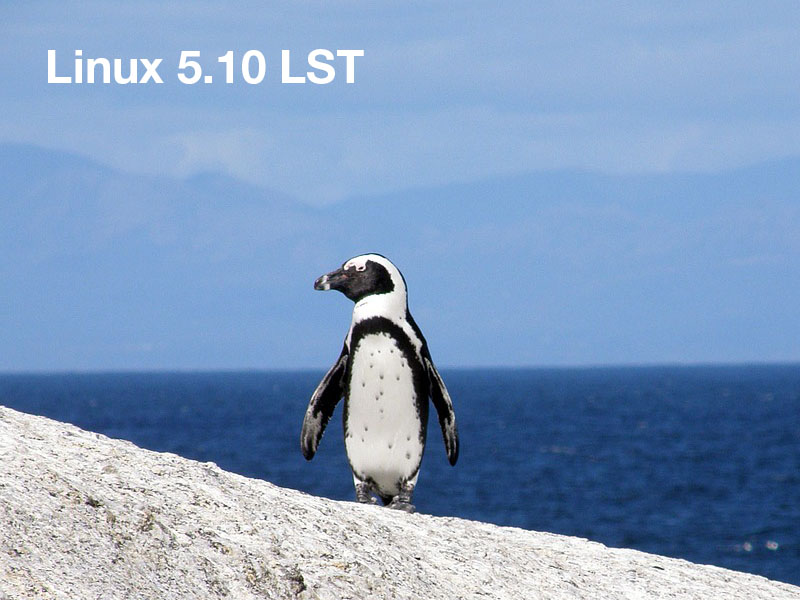As for storage, Fsync performance has been optimized for Btrfs, a “volatile” option is included for OverlayFS aimed at faster performance, EXT4 now accepts fast commits and faster file overwrite performance in DIO/DAX modes. Support for the NFS client for READ_PLUS has been included, offering better sparse file read performance. A DAX mode for FUSE has also been added to achieve faster performance especially for VirtIO-FS.
AMD and Intel are once again protagonists in this version of the kernel. Linux 5.10 brings improvements and fixes for paging and caching of the processors of these two firms. For AMD in particular, as of this release, EDAC (Error Detection And Correction) is supported, secure encrypted virtualization “Encrypted State” and temperature monitoring are supported in Zen 3. Intel’s Meteor Lake is beginning to be supported, while support for Rocket Lake and Alder Lake is advanced.
The graphics have also seen improvements, with fixes for Intel’s Gen12 / Xe, support for integrated Rocket Lake and HDMI graphics on the dedicated DG1. Regarding AMD Radeon, progress has been made with support for RDNA 2 and the AMDGPU has begun to introduce Display Core support for GCN 1.0 “Southern Island” graphics.
Raspberry Pi users will find some nice surprises, like the VC4 graphics driver for Raspberry 4, which adds to Vulcan support through Mesa 20.3. Also, it will now be possible to boot from EFI on RISC-V.
Video game fans will find a new controller for Nintendo Switch controllers, with operation via Bluetooth and USB, keeping the vibration capacity intact.
Among the many new features, the support for the Creative Labs SoundBlaster AE-7 sound card using a community driver, greater security against side channel attacks on external PCIe devices, initial support for NVIDIA Orin stand out and measures to disarm Meltdown.
More information: MuyLinux







0 Comments